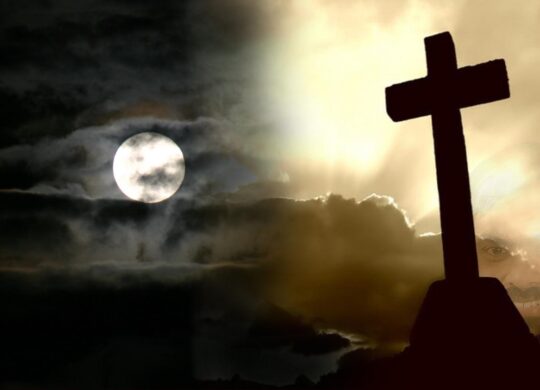Midnight?

It’s dark. It’s night. In fact, it’s midnight. And I’m still awake. Wrapping things up, getting this blog up, but still awake. I still have to get my customary drink of water, floss and brush my teeth, etc. At midnight.
According to researchers, I’m doing the wrong things. No, they aren’t referring to my dental hygiene. Rather, they are claiming that brain systems function differently after dark, and hence, I should be fast asleep in bed, not flossing my teeth.
We’ve known for some time that after midnight, negative emotions tend to draw our attention more than positive ones, dangerous ideas grow in appeal and inhibitions fall away. For many, the middle of the night makes them think of the world as a dark place. Under the cover of darkness, negative thoughts have a way of drifting through your mind.
Researchers think the human circadian rhythm is heavily involved in these critical changes in function: they call their hypothesis “Mind After Midnight.” Both body and mind, it seems, function differently after dark. Or so they say, in “The Mind After Midnight: Nocturnal Wakefulness, Behavioral Dysregulation, and Psychopathology,” published recently in Frontiers in Network Physiology.
Clapton sang, a long time ago:
After midnight, we’re gonna let it all hang down.
After midnight, we’re gonna chug-a-lug and shout.
After midnight, we’re gonna shake your tambourine.
After midnight, it’s all gonna be peaches and cream.
[I’m not altogether certain what that means, but it sure sounds good, so I thought I’d include it here.]
In any case, at certain hours, our species is inclined to feel and act in certain ways. In the daytime, for instance, molecular levels and brain activity are tuned to wakefulness. But at night, our usual behavior is to sleep. With greater risk at night of being hunted—evolutionarily speaking, that is—our attention to negative stimuli is unusually heightened at night. This hyper-focus on the negative can apparently make a person prone to risky behaviors. Add loss of sleep to that and you have problems.
Illicit or dangerous substances are taken more by people at night. A study from Brazil revealed a 4.7-fold greater risk of opioid overdose at night. Besides, suicide and self-harm are very common at nighttime, having a three-fold higher risk between midnight and 6:00 am compared to any other time of day.
Say the authors:
Suicide, previously inconceivable, emerges as an escape from loneliness and pain, and before the costs of suicide are considered the student has acquired the means and is prepared to act at a time when no one is awake to stop them.”
After midnight.
There may be something to this. The Bible claims that light is always good for us; in a time when all they had at night were a few paltry lamps, this meant daylight!
But you, brothers and sisters, are not in darkness,
that the day would overtake you like a thief;
for you are all sons of light and sons of day.
We are not of night nor of darkness.
1 Thessalonians 5:4–5
Said Jesus:
“Are there not twelve hours in the day?
If anyone walks in the day, he does not stumble,
because he sees the light of this world.
But if anyone walks in the night, he stumbles,
because the light is not in him.”
John 11:9–10
And, this Light is a Person!
Jesus again:
“I am the Light of the world;
the one who follows Me will not walk in the darkness,
but will have the Light of life.”
John 8:12
I’d better get to bed!
SOURCE:
Science Alert; Frontiers in Network Physiology











 Abe Kuruvilla is the Carl E. Bates Professor of Christian Preaching at The Southern Baptist Theological Seminary (Louisville, KY), and a dermatologist in private practice. His passion is to explore, explain, and exemplify preaching.
Abe Kuruvilla is the Carl E. Bates Professor of Christian Preaching at The Southern Baptist Theological Seminary (Louisville, KY), and a dermatologist in private practice. His passion is to explore, explain, and exemplify preaching.
2 Comments
Yes indeed get some rest dear teacher. Thank you for the wonderful posts, makes staying up late each Saturday so worthwhile.
Thanks for your kind words, Amin!
Blessings upon you and all yours!